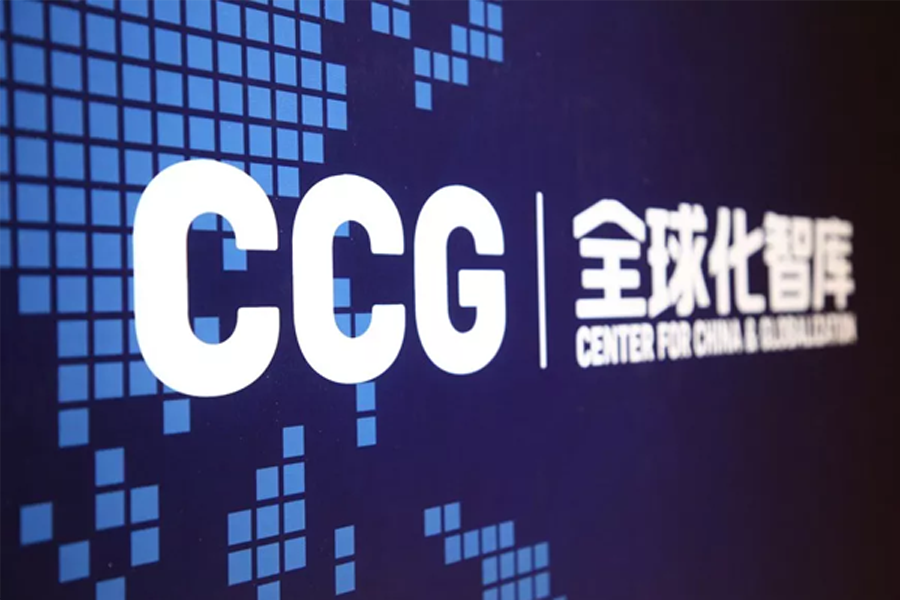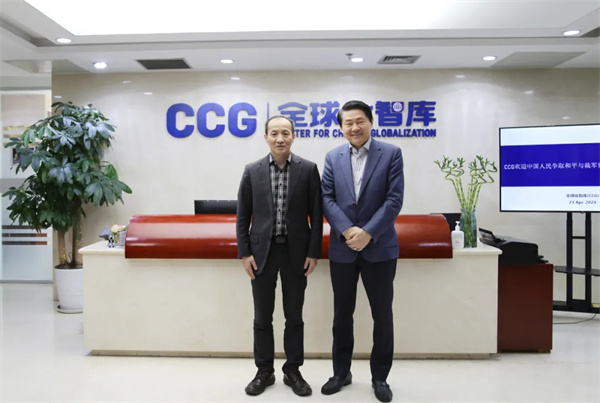【China Daily】Returnees heed call of homeland
2015年7月29日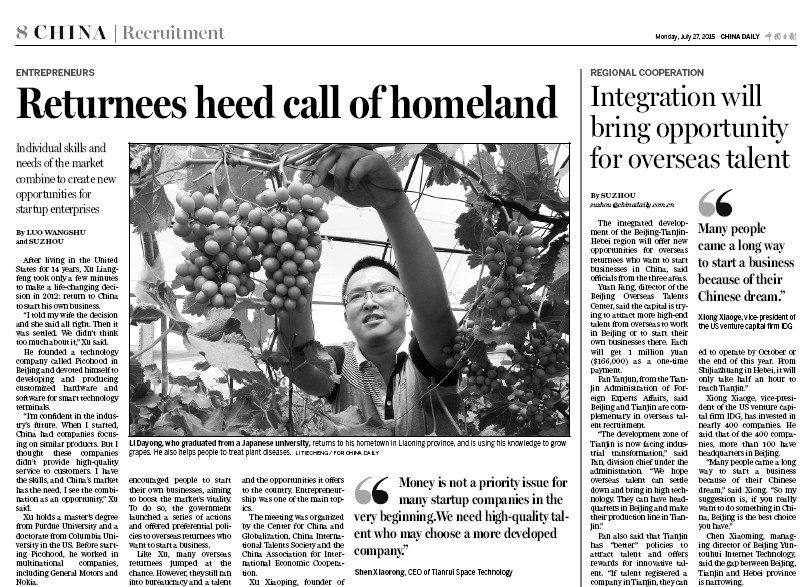
Individual skills and needs of the market combine to create new opportunities for startup enterprises
After living in the United States for 14 years, Xu Liangfeng took only a few minutes to make a life-changing decision in 2012: return to China to start his own business.
"I told my wife the decision and she said all right. Then it was settled. We didn’t think too much about it," Xu said.
He founded a technology company called Picohood in Beijing and devoted himself to developing and producing customized hardware and software for smart technology terminals.
"I’m confident in the industry’s future. When I started, China had companies focusing on similar products. But I thought these companies didn’t provide high-quality service to customers. I have the skills, and China’s market has the need. I see the combination as an opportunity," Xu said.
Xu holds a master’s degree from Purdue University and a doctorate from Columbia University in the US. Before starting Picohood, he worked in multinational companies, including General Motors and Nokia.
Xu is one of nearly 2 million overseas Chinese who have chosen to return. According to the Ministry of Education, 1.81 million returned between 1978 and 2014.
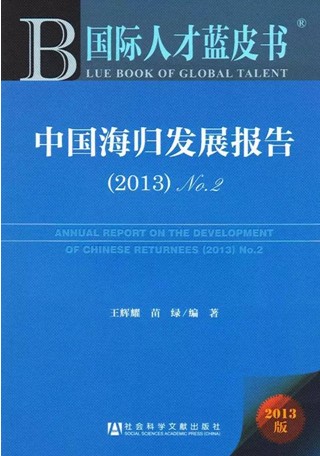
The Annual Report on the Development of Chinese Returnees, released in 2013 by the Center for China & Globalization(CCG), a Beijing think tank, said 81 percent of returnees found that opportunities to start their own businesses were better in China than where they lived overseas.
Chinese authorities have encouraged people to start their own businesses, aiming to boost the market’s vitality. To do so, the government launched a series of actions and offered preferential policies to overseas returnees who want to start a business.
Like Xu, many overseas returnees jumped at the chance. However, they still ran into bureaucracy and a talent shortage.
"Money is not a priority issue for many startup companies in the very beginning. We need high-quality talent who may choose a more developed company," said Shen Xiaorong, another returnee from overseas, who is CEO of Tianrui Space Technology.
Entrepreneurs’ concerns have been noticed.
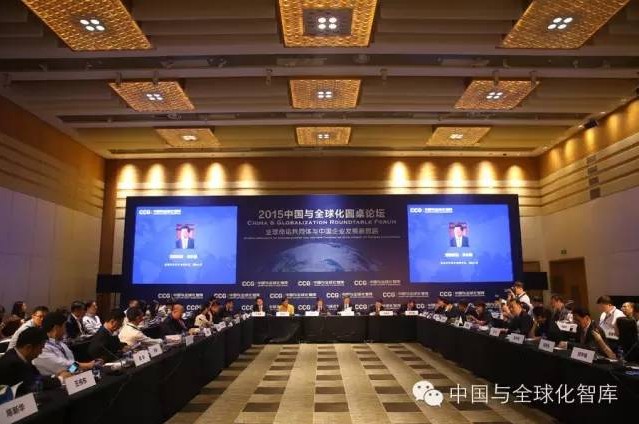
On July 12, 80 leaders from academia, business and government gathered at the Roundtable Forum of China and Globalization in Beijing to discuss global development and the opportunities it offers to the country. Entrepreneurship was one of the main topics.
The meeting was organized by the Center for China & Globalization, China International Talents Society and the China Association for International Economic Cooperation.
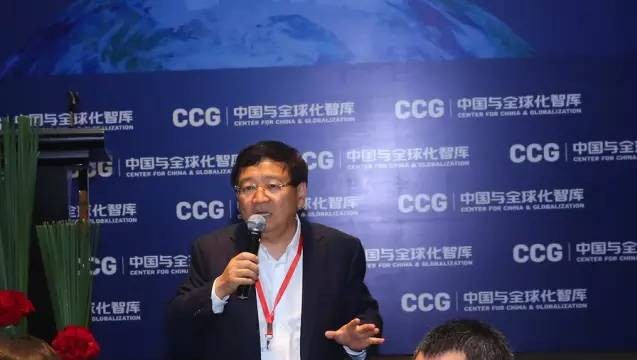
Xu Xiaoping, founder of ZhenFund, began angel investing in 2000, inspiring many young talents’ entrepreneurial dreams. Xu talked at the meeting about a talent shortage resulting from policy obstructions.
"People in the US are curious about China’s development and long for cooperation. But when foreigners come to China, they meet many problems. We lack developed policies to attract them, including work visas and immigration policies," Xu said, adding that if China is not able to provide good policies to attract global talents, their enthusiasm might fade away.
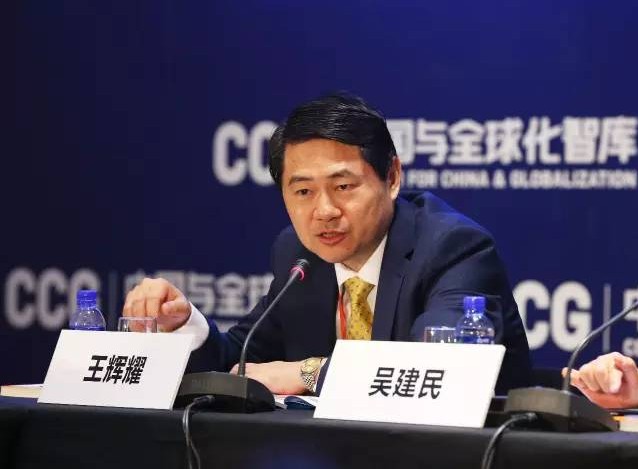
Wang Huiyao, president of the globalization center, said the biggest difference between Zhongguangcun and Silicon Valley was the talent deficit.
"Our annual report on Zhongguancun showed only 1 percent are international talents working there, and nearly 80 percent are overseas returnees," he said.
Zhongguancun is one of the country’s hotbeds of entrepreneurship. In 2014, more than 13,000 technology startup companies opened there.
Intellectual property protection is one of the top concerns of entrepreneurs returning from overseas.
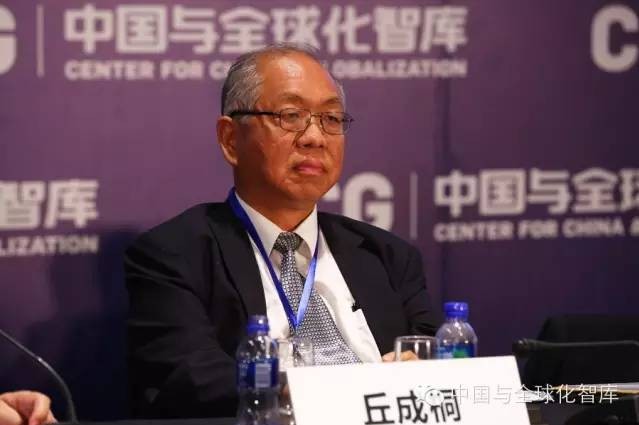
"In China’s education institutes and enterprises, plagiarism is a big issue, but there’s no effective solution yet, " said Harvard University mathematics professor Shing-Tung Yau.(By Luo Wangshu and Su Zhou)
From China Daily, July 27, 2015
